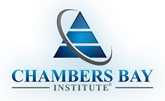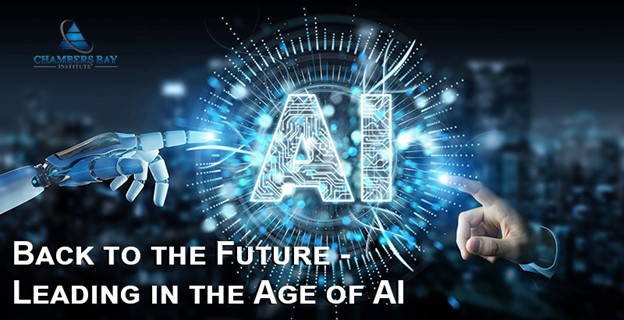| Author’s note: With Artificial Intelligence (AI) dominating the news today, the authors found their article published in September 2019 highly relevant for leaders today. Slightly refreshed, we share this timely message again. Are you and your team prepared to lead successfully as we move forward in this new age?
“Integrator Leaders possess the unique ability to see what isn’t there, channeling the collective energy of others to make their vision a reality. They utilize the full range of AI technologies to extend the capability and reach of their teams in service of their mission.”
In the Age of AI, leaders must see the world more as an integrated whole rather than a collection of independent parts. Seeing patterns of connections between thoughts and ideas will help to understand the world in terms of systems of complex interdependencies. As we face the challenges and crises today and beyond, they cannot be seen in isolation nor solved independently of one another.
In the Age of AI, we need Integrator Leaders who can build coalitions of people to create change in our complex world. With less attention given to the mechanics of managing workers, and with knowledge workers spending less time managing data, both can become more strategic. This will place a premium on the leader’s ability to drive innovation and integrate the efforts of specialized cross-functional teams throughout the enterprise.
In this context, we argue the leader must use AI primarily as a means of augmenting rather than replacing the knowledge worker.
As we move further into the Age of AI, will leaders find knowledge workers forced to make room for those with “range” – a deeper thinking, broader experienced, unconstrained worker?
Have we moved too far into “hyper-specialization” where workers have a singular focus combined with deliberate practice to achieve the optimal path to success in a given field?
Rather, will there be increased demand for those who are able to integrate knowledge from multiple domains or “range”, as suggested by David Epstein in his book “Range – Why Generalists Triumph in a Specialized World”. Epstein deems that those with range are “more creative, more agile, and able to make connections their more specialized peers can’t see.” Will there need to be a move from a more linear path of education and experience to that of range with more complex and meandering routes often with dead-ends, turn-arounds, and routes that take one off-roading?
The way forward appears that there will be plenty of need for both specialization and range. Yet in the Age of AI, those with range – unconstrained creativity, critical thinking, and broad experiences, may be best positioned to “reason through problems they have never seen in unfamiliar contexts. It also allows them to understand that which they cannot see at all.”
Range must be given serious consideration as we contemplate the development of the next generation of Integrator Leaders. For some of the future’s workforce and certainly for the Integrator Leader, the approach will require assimilation of knowledge and experiences from multiple domains. For other knowledge workers and those in highly specialized fields, there must remain avenues open for their hyper-specialized journey.
Integrator Leader Reflections
- Is this approach a move back to the future?
- How will you as a leader be prepared to lead in the Age of AI?
Adapted from their article: Leading Humans in the Age of AI, Why We Need Integrator Leaders – by Bruce LaRue, Ph.D. and Jim Solomon. Presented at the Soldier-Leaders in the Age of AI Symposium, University of North Georgia, Institute for Leadership and Strategic Studies and the U.S. Army War College Strategic Studies Institute, Dahlonega, GA.

© All Rights Reserved Chambers Bay Institute 2023
|


You must be logged in to post a comment.